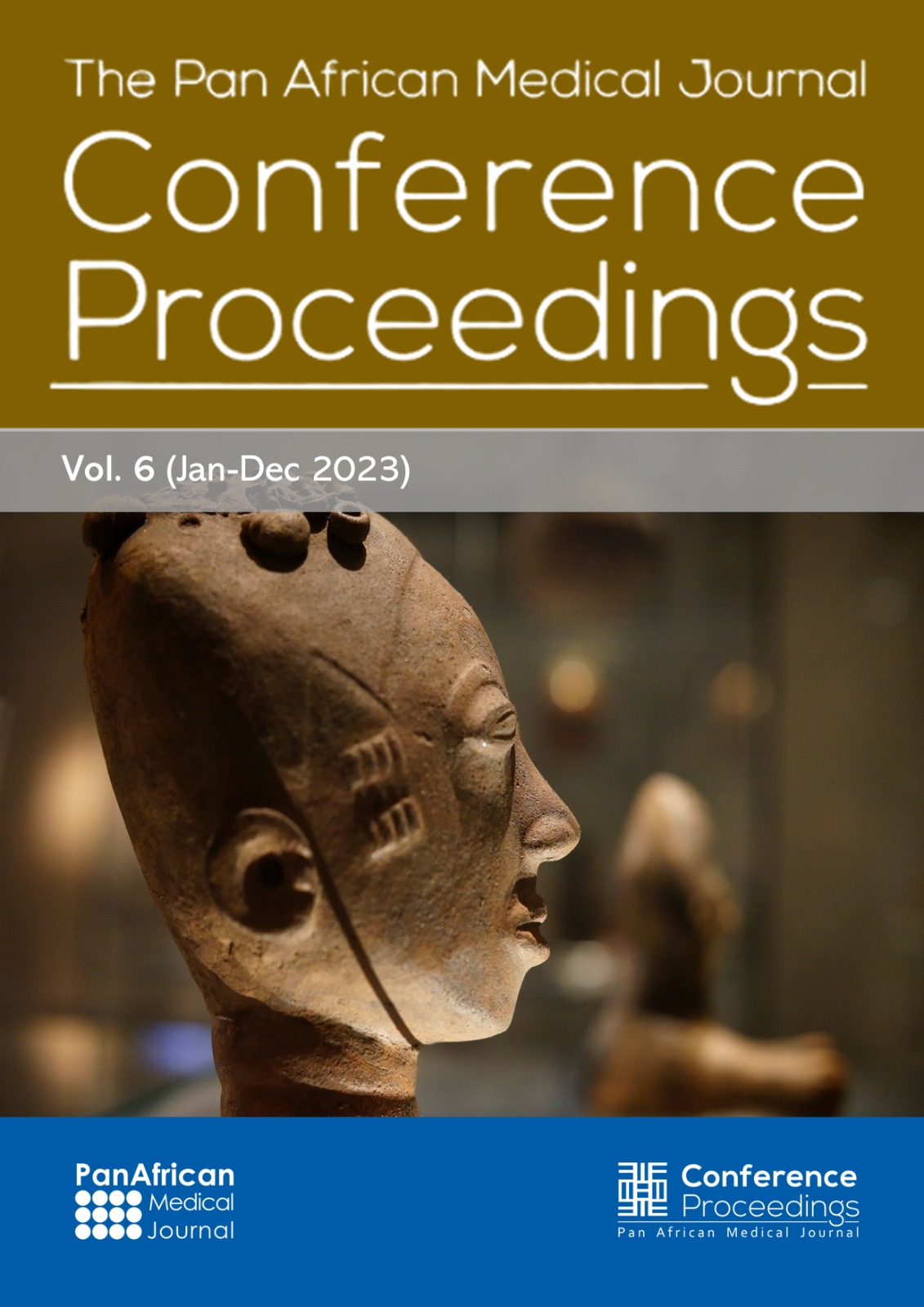Conference abstract
Acquisition risk of multi-drug resistant bacteria and gastrointestinal pathogens on deployment
Pan African Medical Journal - Conference Proceedings. 2017:4(29).17
Nov 2017.
doi: 10.11604/pamj-cp.2017.4.29.407
Archived on: 17 Nov 2017
Contact the corresponding author
Keywords: Multi-drug resistant bacteria, gastrointestinal pathogens, deployment
Abstract
Acquisition risk of multi-drug resistant bacteria and gastrointestinal pathogens on deployment
Hagen Frickmann1,&
1Armed Forces Hospital of Hamburg, Hamburg, Germany
&Corresponding author
Hagen Frickmann, Armed Forces Hospital of Hamburg, Hamburg, Germany
Introduction: if hygiene conditions are poor during military deployments, soldiers are at risk of fecal-oral acquisition of enteropathogenic microorganisms. Further, stays in high endemicity settings bear the risk of colonization with multi-drug resistant bacteria. Accordingly, respective assessments were performed with German soldiers returning from deployment during returnee screenings at the Department of Tropical Medicine, German Armed Forces Hospital of Hamburg.
Methods: stool samples of returnees and diseased soldiers on deployment were screened by real time PCR for enteropathogenic microorganisms and by cultural approaches for multi-drug resistant bacteria.
Results: during acute episodes of diarrhea, diarrhea-associated Escherichia coli dominated as causative agent in European soldiers in tropical Mali. In contrast, Giardia duodenalis was the most important pathogen in returned German soldiers 8-12 weeks after deployment in Sudan. At this time point after various deployments, colonization rates with multi-drug resistant bacteria like ESBL-producing Enterobacteriaceae were also comparably low as in the healthy German population. On deployment, in contrast, respective colonization rates are considerably higher.
Conclusion: the spectrum of detectable agents varies depending on the time of assessment. While both pathogenic and resistant bacteria can be predominantly found on deployment, persisting protozoa seem to be a medical concern on the long term.








